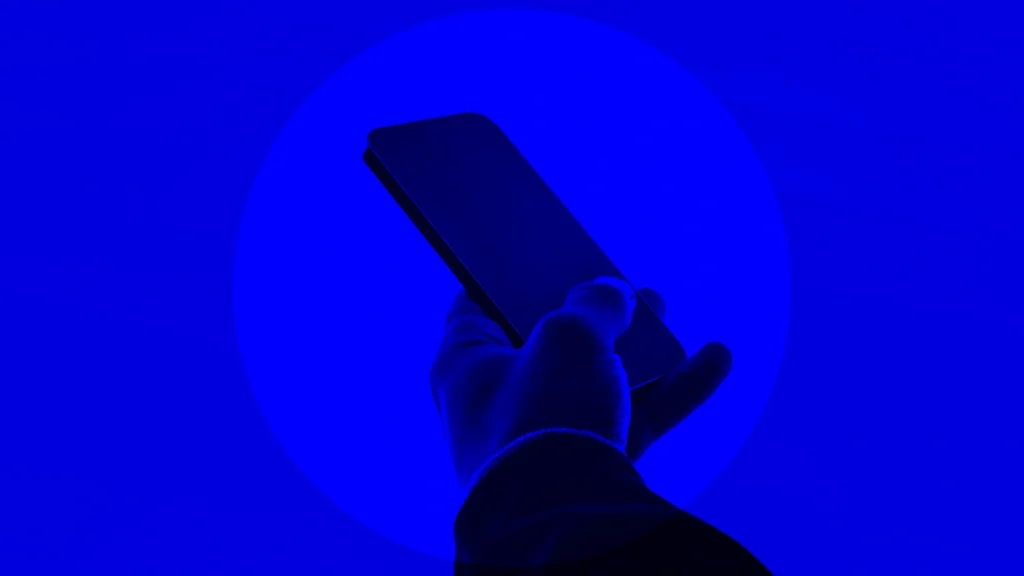
A majority of Gen Z workers are turning to AI chatbots during the workday for personal reasons, including mental health support, with 40% saying they talk to AI for at least an hour every day, according to a new Resume.org survey.
“Many Gen Zers entered hybrid or remote jobs where casual mentorship or watercooler chats never formed, so AI fills that relational void,” said Kara Dennison, Resume.org’s head of career advising. “It listens, it responds thoughtfully, and it never criticizes.”
She added: “That creates a sense of psychological safety that’s often missing in corporate hierarchies. It’s about connection, control, and immediacy. They’re using AI the way earlier generations used coffee breaks or hallway chats: to decompress, problem-solve, or feel understood.”
While older generations might describe ChatGPT as a “tool,” 47% of Gen Z say it feels far more personal: 25% of Gen Z describe ChatGPT, Copilot, and other AI bots as their therapist or coach, a friend, or coworker, while 34% admit to confiding in AI chatbots about things they’ve never told another person. Some 16% say they frequently discuss personal topics such as mental health or relationships with AI, while 33% say they do so occasionally.
Resume.org’s survey collected data from 1,000 full-time U.S. Gen Z workers ages 18 to 28 who used an AI chatbot such as ChatGPT or Copilot in the past week.
Gen Z may be using ChatGPT for therapy, but mental health experts say it comes with risks. “Using a general-purpose chatbot as a therapist compromises the fundamental elements of safe care: clinical oversight, legal confidentiality, and a dependable route to human intervention,” Gijo Mathew, chief product officer at Spring Health, a global mental health platform for employers and health plans, told Fast Company.
“This can introduce significant risks, particularly in multi-turn, emotionally charged discussions,” Mathew continued. “Most chatbots and large language models (LLMs) were not designed for mental health support and may overlook warning signs or offer articulate yet clinically unsound advice.”
According to the survey, 43% of Gen Z workers spend at least 30 minutes per day using ChatGPT or a similar AI chatbot; 13% use it for one to two hours a day; 6% for two to four hours a day; and 5% for more than four hours a day.
When it comes to dealing with stress and well-being on the job, 38% of Gen Z are turning to AI to take breaks, and 33% to talk through work-related stress or frustrations. That’s time that could be spent interacting with other humans.
The findings also come at a time when 89% of corporate workers say they faced at least one mental health challenge in the past year.




